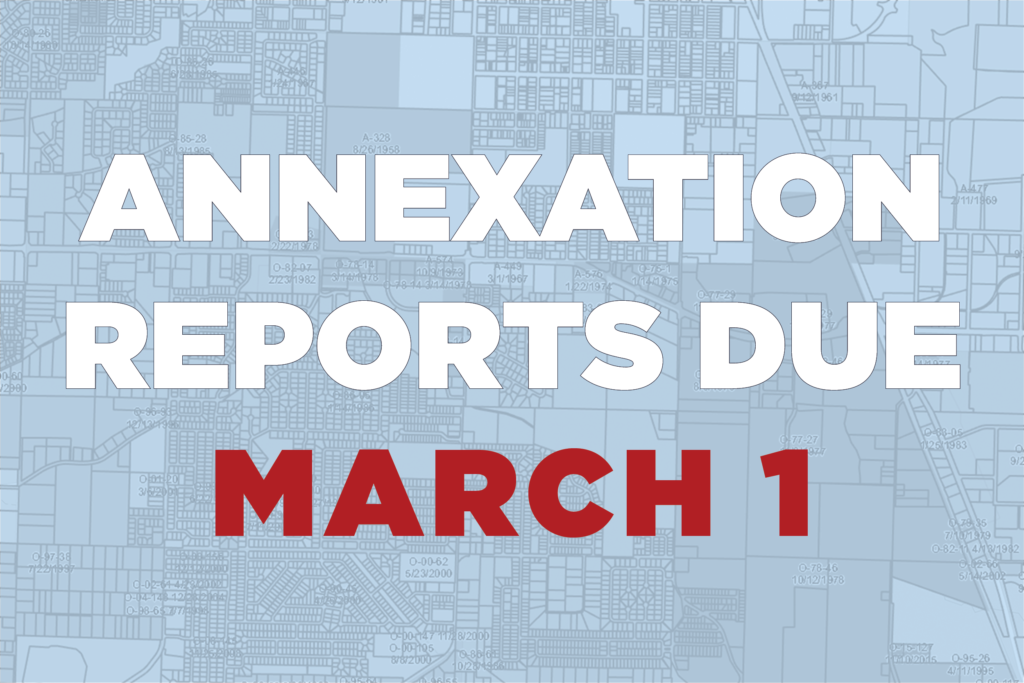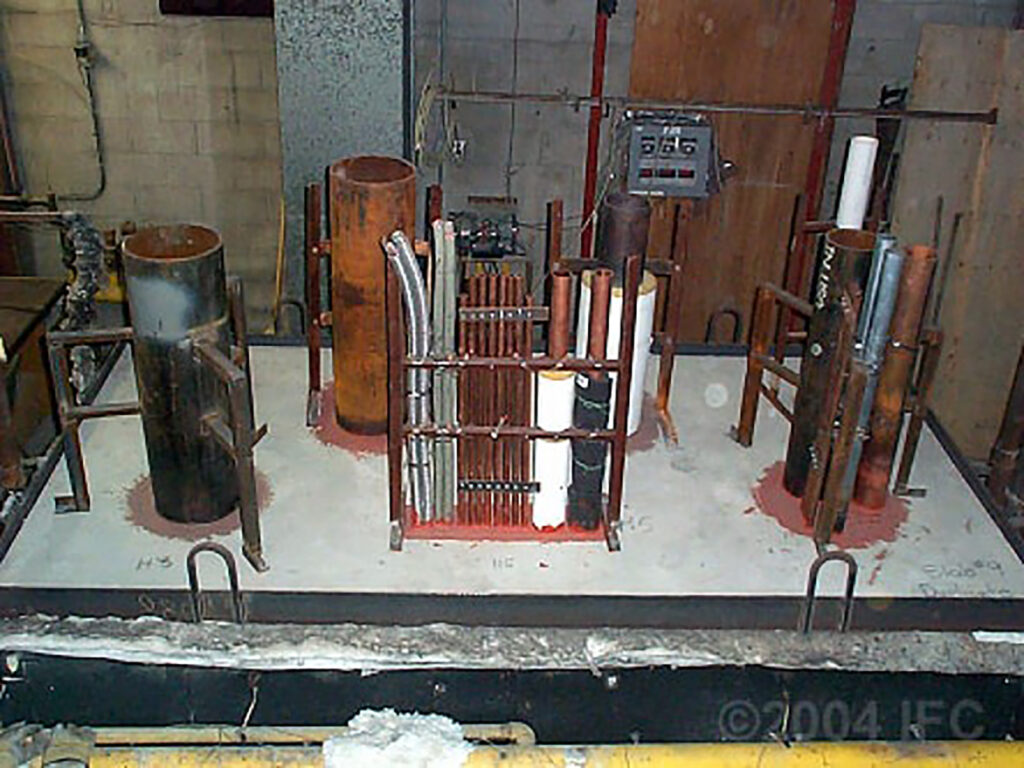Drug testing non-DOT employees is an important aspect of maintaining a safe and productive workplace. However, it is not a simple process and must be done in a legal and ethical manner. First and foremost, blanket drug testing of all employees is generally prohibited and, for the most part, regular employees cannot be randomly drug tested. The two most common types of drug testing are testing due to reasonable suspicion and drug testing for employees in safety-sensitive positions.
Since municipalities are governments, the Fourth Amendment of the U.S. Constitution necessarily applies. See Green v. City of N. Little Rock, 2012 Ark. App. 21, 9, 388, S.W.3d 85, 90 (2012). This means that for non-DOT employees, the city is generally required to have reasonable suspicion that an employee is impaired and may be using a controlled substance unlawfully before conducting a drug test. The requirement of reasonable suspicion cannot be standardless but must be based on “specific articulable facts that meet an objective requirement of ‘reasonable cause.’” See Dimeo v. Griffin, 721 F. Supp. 958, 973 (N.D. Ill. 1989), judgment aff’d, 924 F.2d 664, 6 I.E.R. Cas. (BNA) 297 (7th Cir. 1991). The court indicated that this standard was met by a testing program that prohibited testing unless there was corroborated evidence of drug use or a direct observation of drug use or possession, or physical symptoms of drug use. Employees, especially supervisors and managers, should be trained on how to recognize specific behavioral, physical and performance indicators that could suggest an employee is under the influence of drugs or alcohol. These observations should be well documented.
To help guide you along the way, here is a list of do’s and don’ts related to non-DOT drug testing.
DO:
- Establish a well-defined drug testing policy and make certain that it is communicated to all employees. Cities and towns may want to pass this policy by ordinance. A sample policy can be found in the League publication Drug Free Workplace Non-Commercial Driver’s License Employees available at armuni.org/Publications.
- Follow state and local laws regarding non-DOT drug testing and ensure that your policy follows these laws. One very important aspect of drug testing in a municipality is knowing which employees are subject to testing and which employees are not.
- Understand the Fourth Amendment of the U.S. Constitution. The Fourth Amendment protects the “right of the people to be secure in their persons, houses, papers and effects” by prohibiting unreasonable searches and seizures. Drug testing an employee without reasonable suspicion, or testing an employee who is not in a safety-sensitive position could be interpreted as an unlawful search.
- Use a certified collector and laboratory to ensure that all required protocols are followed during the testing process to guarantee accurate test results.
- Provide training for employees regarding the hazards of drug use in the workplace. Promoting a drug-free work environment creates a healthy, safe workplace for everyone.
- Provide training for employees to recognize and document reasonable suspicion, and how to handle situations involving drug testing.
- Maintain confidentiality to protect the privacy of employees. Keep drug test results confidential and share them only with authorized personnel.
DON’T:
- Discriminate. Ensure that drug testing is performed impartially pursuant to your policies and procedures.
- Ignore a positive test result.
- Follow your policy and take the prescribed action if an employee has a positive test result.
- Forget to document everything! Detailed record keeping is essential during the drug testing process. The documentation should include the reason for the test, test results and action(s) taken.
- Forget to stay well informed on changes in state and local law and update your policy when necessary to maintain compliance.
- Hesitate to contact your city attorney or the League if you have questions or concerns. We are here to help.










